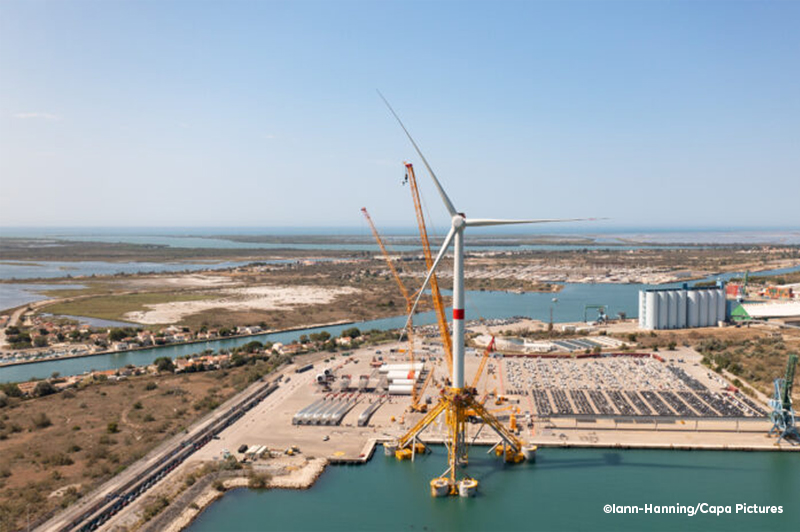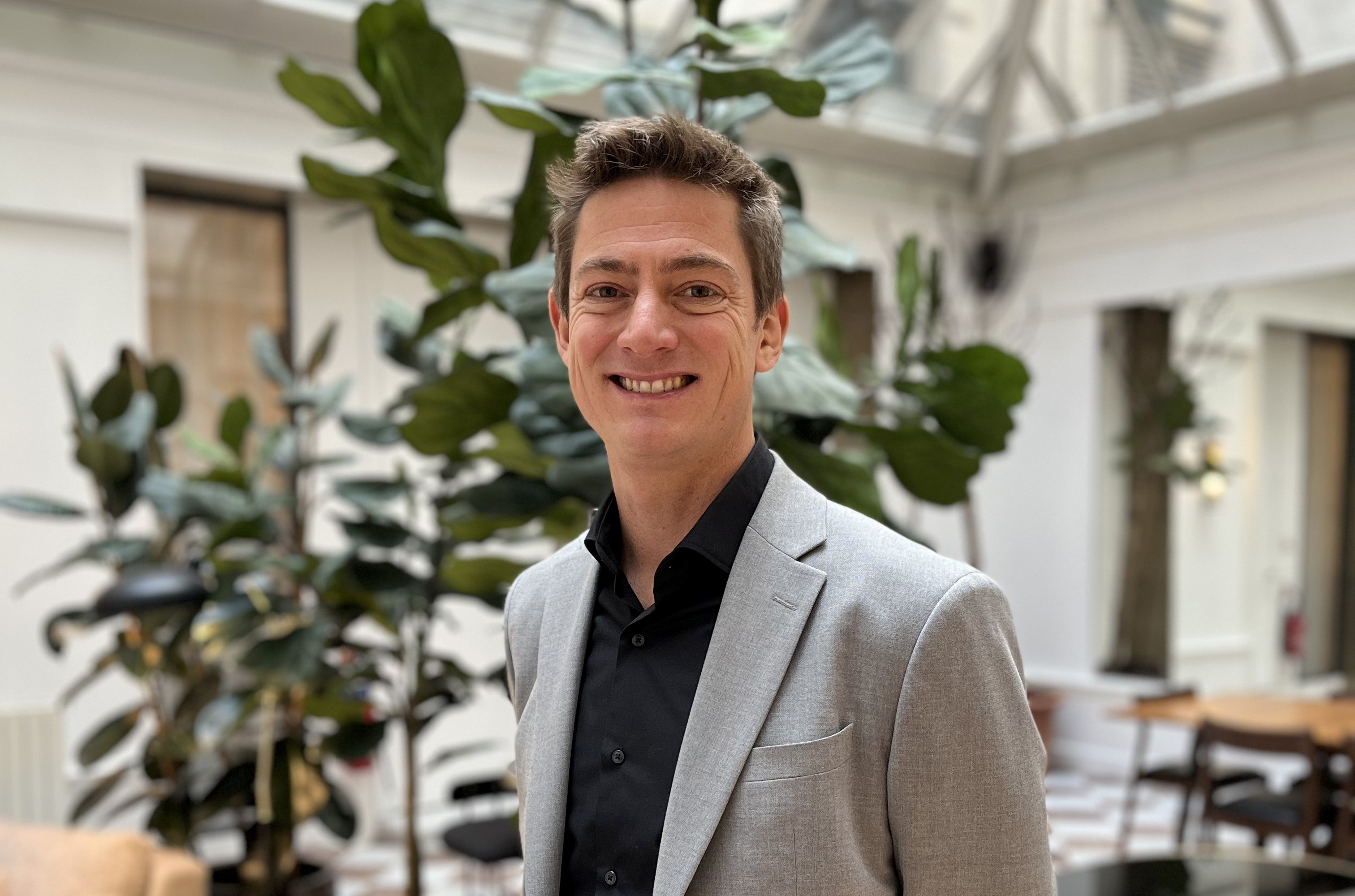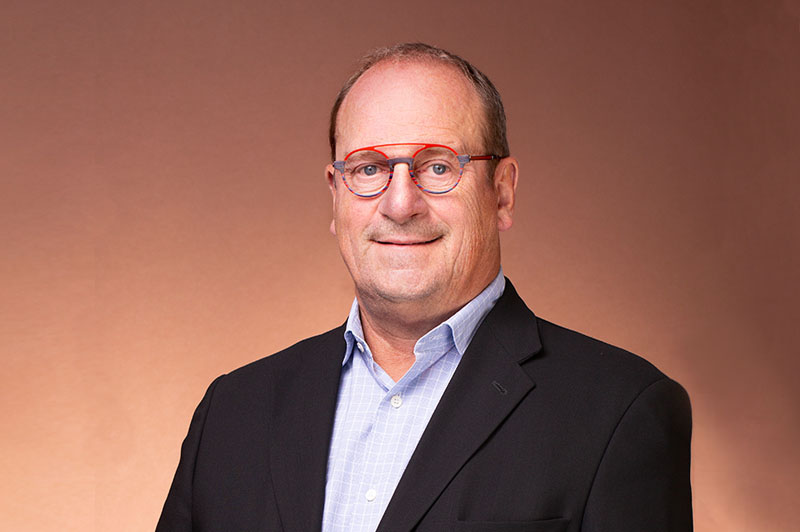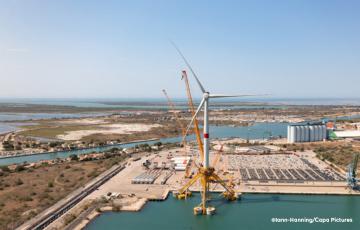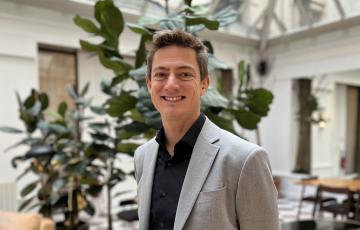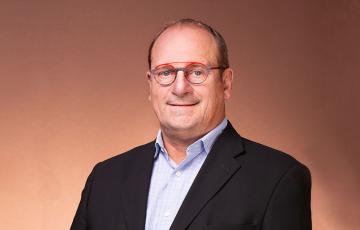Smart Cities
THECAMP IS AN AMBITIOUS AND UTOPIAN PROJECT THAT AIMS TO SUPPORT LEADERS IN THE FACE OF THE TECHNOLOGY CHALLENGES THAT WILL HAVE AN IMPACT ON OUR BUSINESSES AND OUR CITIES.
The Smart City is at the Core of the Region's Economic Future
Demonstrating its total commitment to the smart city concept, the entire Provence-Alpes-Côte d'Azur region is fostering a series of bold new experiments in digital technology and sustainable development.
Supported by the presence of major development projects, this strategy offers a vast array of superb market opportunities. The goal of the smart city is to create intelligent urban systems with low-energy buildings, innovative transport networks, and connected services for all users.

Controlling energy consumption is a major challenge for the world and Provence is at the vanguard of the global effort. Launched in 2008 by the Capenergies competitiveness cluster, the Premio project in Lambesc was the first demonstration of Intelligent Electrical Networks (REI) in France. Today, the state-supported Flexgrid project is continuing to deploy top-standard, industry-ready Smart Grid equipment and technology across the PACA region. This is a joint public/private effort with national electricity utilities ERDF and RTE verifying the technical and economic efficiency of these large-scale energy solutions.
Communities across Provence are also encouraging start-ups to implement contactless solutions for the following public services:
- Transport and mobility;
- Public buildings, parking lots and parking spaces;
- Water and waste management.
These contactless payment and communications systems also represent a fast-growing sector in the Aix-Marseille-Provence economy.
Key Figures for the Smart City Sector in Provence
- More than €200 million in investments for the Flexgrid project, including €80 million through ERDF and RTE;
- More than 100 IoT companies including 75 innovative start-ups;
- The project So FLEX'hy fosters the use of renewable electricity from hydroelectric works;
- €90 million invested in the Smartseille eco-neighborhood that is part of the Euroméditerranée project.
Provence's Smart City Advantage
There has been a boom in the smart city economy in Aix-Marseille-Provence and recent years have seen a wave of new developmental projects throughout the region:
• Euroméditerranée: The Mediterranean city of the future is being built as part of largest urban renewal project in Southern Europe. Two eco-cities, Smartseille and Ilot XXL, constitute an exceptional 16.4-hectare site for smart city innovation. With more than 300 000 m² in floor space, the entire real estate program is committed to using positive energy, bioclimatic construction, all in connection with both Thassalia, the first French power station using marine geothermal energy, and the extensive use of solar, thermal, and photovoltaic resources. The new housing, public facilities, and office spaces will greatly expand the supply of cutting-edge, energy-efficient real estate in the metropolis
• thecamp: The first European campus dedicated to the co-creation of desirable futures is an accelerator for innovative projects that will shape the Smart city of tomorrow and make it more connected and more inclusive. Located on a privileged site at the gateway to Aix-en-Provence, thecamp’s mission is to help individuals and organizations become agents of change through training, residencies, and experiments.
• Port of Marseille-Fos: One of the most connected ports in the world, the Port of Marseille Fos was awarded the globally-recognized Gold IT Award as a smart port 2.0 by the IAPH (International Association of Ports and Harbors). A pioneer in information systems for supply chain management, and #1 in France's Community Freight Management Systems (CCS), the port is deploying cutting-edge digital solutions to boost efficiency and facilitate trade.
• The City of Energies: Supported by CEA Tech, this R&D center is devoted to meeting the challenges of the smart city (materials, simulation tools, modeling and software, energy optimization, systems and sensor integration, etc.). Start-ups as well as large companies can come to test their projects in a real-world context.



 +33 4 96 11 60 00
+33 4 96 11 60 00





